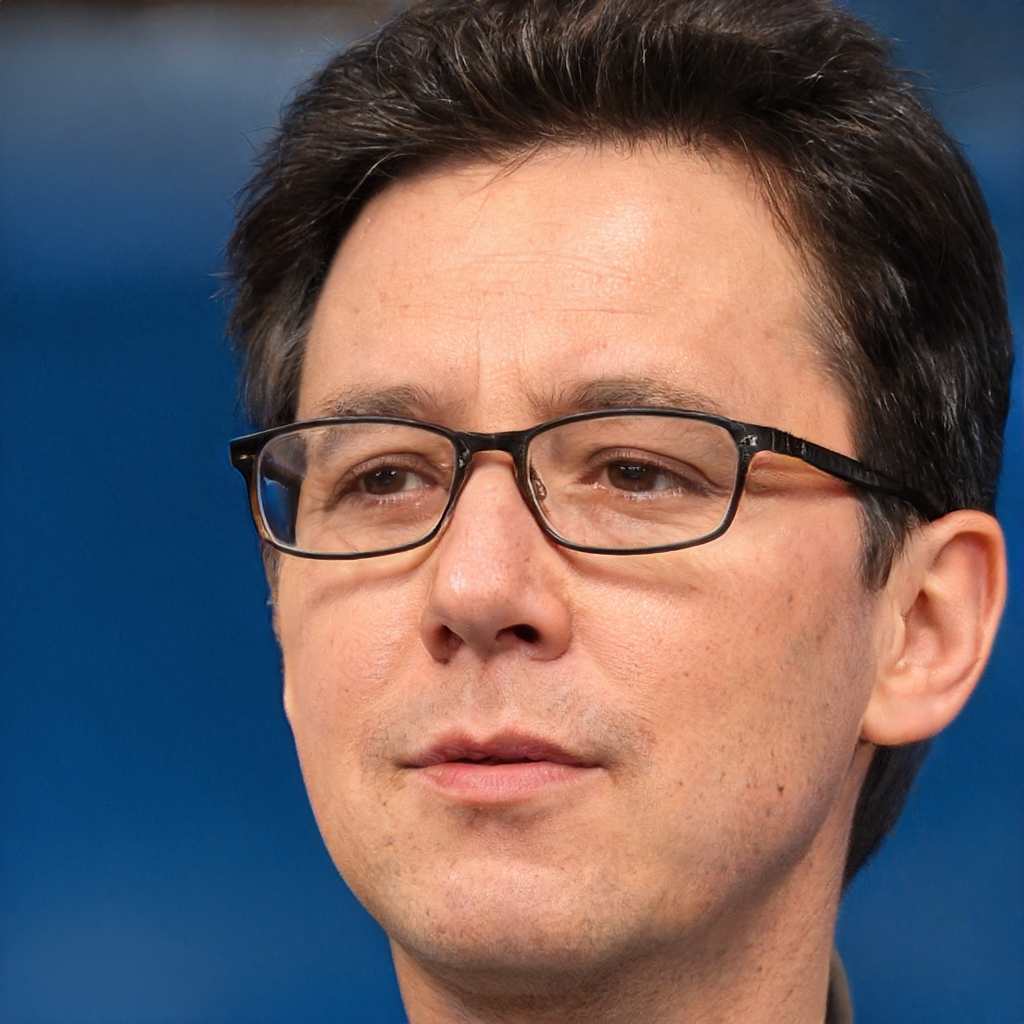Customer service management refers to the strategies, tactics and technologies that are implemented by various organisations in order to retain existing and attract prospect customers. It helps to maintain good relations with the clients by rendering them good services. For all the companies who are executing their business under tourism and hospitality industry it is vital to provide good services to all the visitors to gain their trust (Ariffin and Maghzi, 2012). This report is based on the customer relationship management strategy of British Airways which is the largest airline in UK and it is mainly based in Waterside, London, UK. Various topics have been discussed under this report such as use of Hofstede's model of culture dimension, identification and exploration of significant differences between Chinese and British consumer behaviour, evaluation of the considerations that will be taken into account by British Airways while designing its marketing mix in order to enhance service encounters.
Task 1
A. Use of Hofstede's model of cultural dimensions to identify different between Chinese and British consumer's behaviour
Consumer behaviour:Â
It can be defined as the study of customer's reaction on the buying, selecting, using, disposing goods and services that are acquired by them in order to satisfy their needs. For all the organisations whether they are offering products or services to the consumers to analyse their behaviours so that they can fulfil all the requirements of them. As British Airways is a large organisation who is rendering services all around the world hence it is very important for the company to manage all of them effectively so that they can be retained. Consumer's behaviour can be analysed with the help of appropriate research in which their needs, demands, preferences, taste etc. elements are considered by the marketers (Boella and Goss-Turner, 2013).
Hofstede's cultural dimensions:
This model was introduced by Dr. Geert Hofstede in the year 1970s. It helps to determine the effect of a society's culture on the beliefs of community members. There are six different dimensions of this model that can help to determine different between behaviour of Chinese and British consumers of British airways. All the differences are as follows:

You Share Your Assignment Ideas
We write it for you!
Most Affordable Assignment Service
Any Subject, Any Format, Any Deadline
Order Now View Samples
|
Hofstede's cultural dimensions
|
British
|
Chinese
|
|
Power distance index
|
It depicts that less powerful members of an organisation expect to distribute the power unequally. PDI score is high in Britain hence it will affect the consumer behaviour as there is a large difference in their compensation. Customers in UK are concerned with brands (Chathoth and et.al., 2014).
|
In China the PDI score if low as there is not difference in compensations and all the managers and employees treated the same. In China all the customers are focused on innovation.
|
|
Individualism vs. collectivism
|
It is the strength of ties that individuals have to together in their community. IDV score of western consumers is high as they respect privacy of other community members. The consumers of UK have persuasion behaviour.
|
IDV score of Chinese consumers is low as they believe in building skills so that they can become master in something. The consumer of China have trust in their local technology.
|
|
Masculinity vs. femininity
|
It refers to the distribution of resources on the basis of gender. In Britain the MAS is low as males and females are not treated equally and there are various issues that are related to the pay gap of women and men. In western countries females are overshadowed by the males. In UK consumer buy brands for status among them women are mainly concerned with higher standard of living.
|
In China MAS score is very high as males and females are treated equally and their pay scale is also equal. It helps to ignore the issues that are related to pay scale gap. In China all the consumers believe in living a simple life and they do not focus on brands to enhance their standard of living (Testa and Sipe, 2012).
|
|
Uncertainty avoidance index
|
It is related to the cooperation with anxiety and sudden problems. UAI score of British consumers is high as they can cope with problems specifically and they can implement effective strategies to deal with sudden problems or anxiety. They can cope with the risk of purchase.
|
UAI score in china is very low because the consumers there only try to invent new things rather than finding solutions for existing problems as they don't want to waste their time. In China all the consumers are mainly concerned with innovation or change.
|
|
Long versus short term orientation
|
It defines the steps that are taken by the organisations in order to attain long as well as short term gains. In Britain there is along term orientation as they are more concerned with the education level and modesty. In UK consumers always will to invest in brand.
|
In China there is a short-term orientation as the local citizens there consider to attain short term gains and quick results for the problems. In China consumer do not want to invest in brands as they believe in innovation.
|
|
Indulgence versus restraint
|
It can be defined as the regulations of people's conduct and behaviour. In Britain IVR score is very low because consumers are very strict about the social norms.
|
In China the IVR score is high as they consider to enjoy life and have fun so that they can enhance their standard of living.
|
Culture:
 It can be defined as the social behaviour and the beliefs that are found in human societies. It is considered as a primal thought in anthropology. In other words, culture can be defined as the characteristics and knowledge of a group of individuals who are encompassing social habits, languages, religion, cuisines and other factors. Customers of British Airways are having different cultures as they belong to different countries. It very important for the organisation to respect their culture so that the business can be executed successfully (Wong, 2013).
Glocalisation theory:
It is an historic process in which localities are motivated to develop direct economies and cultural relations all around the world so that skills and knowledges can be exchanged. For this purpose, information technology and other methods can be used by the government. It is the mixture of two different concepts that are globalisation and localisation. This theory is used by British Airways to describe all its services that are offered and developed to the customers who are from different locions but is also adjusted to accommodate the user or consumer in the local market. It is very important to apply this theory effectively so that large number of customers can be attracted toward the organization.

Standardisation:Â
it can be defined as the process of developing and evaluating techniques that are based on the agreement of different parties in which firms, organisations, government and other interested groups are included. It can help to enhance and maximise compatibility, safety and interoperability of the services. It is very important for British Airways to standardise its services so that customers can choose such services that matches to their standard. Standardisation is very beneficial for British Airways as it can reduce variability and also lead the organisation for continuous improvement (Prebensen, Chen and Uysal, 2018).
Adaption:Â
It can be define as the process of adapting a particular strategy that can help to operate business in more effective manner. According to this concept it is very important for British Airways to respect all the local specifications and expectations so that local authorities can be liberal while analysing the information of the organisation which is provided to them. It will be beneficial for the organisation as it can establish an excellent local image. Sometimes it may also result negatively for the organisation because the cost of adaption is very high and consumes high time but if it is handled effectively than it can help to operate the business successfully.
Ethnocentric staffing:Â
It refers to the hiring of managers from the same nationality as parent company. As British Airways belongs from Britain and if this staffing technique is chosen by the organization than all the employees for foreign branches will be hired from Britain. It offers an opportunity to the companies to transfer their values to the other countries and execute business more successfully.
Poly-centric staffing:
In this type of staffing the employees are selected from the host country. If this type of staffing is adopted by British Airways than staff members will be selected from those countries where the organization is executing business (Nickson, 2013).
Ethnocentric vs. poly-centric staffing:
|
Ethnocentric
|
Poly-centric staffing
|
|
It helps to establish better coordination between parent and host country.
|
It is used for the purpose of reducing cultural and communication challenges.
|
|
As employees are hired from the country of parent company hence there is a high possibility of control over all the subsidiary companies.
|
Productivity and profitability will be increased as staff is having broad knowledge of local market.
|
|
Parent company can keep an eye on the operations of subsidiaries.
|
Career options for the host country’s individuals will be increased.
|
|
Government regulations and restrictions of the host country may affect the business of the parent organization.
|
Managers of parent companies may have to face difficulties while controlling subsidiaries.
|
B. Evaluations of the considerations that will be taken into account while designing its marketing mix
Marketing mix:
 It is the combination of four different P’s these are product, price, place and promotion and late three more P’s were introduced specially for service sector these are people, process and physical evidence (Marketing mix, 2018). For British Airways analysis of marketing mix is as follows:
Product:Â
It can be defined as the services that are provided by the organization to its customers. As British Airways is providing good quality services to its customers that help to retain them and set a positive image in the mind of them. It also help to create a good value of the services that are rendered by the organization.
Price:
British Airways is offering services on appropriate price so that all type of customers can be attracted by the organization. There are various types of pricing strategies that can be chosen by British Airways to operate its business. All the strategies are as follows:
- Premium pricing:In this pricing strategy high prices for the products or services are set by the organizations and they have a selected area of the market who are targeted by them. The products and services offered by such companies are mainly for upper class of the society.
- Penetration pricing:In this strategy price for all the products and services is set low to high so that large market share can be captured by the organization. It is mainly used by such business entities who are launching a product for the first time in the market. Sometimes it is also used to retain and attract large number of customers so that market share can be gained.
- Economy pricing:In this type of strategy lower prices are set by the organization for their services so that5 they can attract large number of customers. Main objective behind the use of this strategy is to capture the large market area.
- Skimming pricing:In this strategy high price is set by the organizations on their products until any competitor tries to capture their market share. Main objective of this strategy to maximize profits of the organization.
From the above mentioned pricing strategies penetration strategy is used by British Airways. The organization is targeting all type of customers who are from different class.
Place:Â
It refers to the location of the organization where the customers can reach easily and get the services quickly. British Airways always chose such places for the distribution of the tickets for the flights where the technology is highly supported by the individuals. It prefer such places where the connectivity of network is very high so that clients can book tickets easily. Chinese people always source information form online media hence it is very important for the organization to consider their choice.
Promotion:Â
It can be defined as the marketing and advertising activities that are conducted by the organizations to aware customers about the brand and the services that are offered by them. British Airways use effective methods for promotion as it helps to establish a good market image.
People:Â
British Airways always hire skilled and well educated employees for the organization so that they can contribute in the development of the business. EPRG model is used by the organization so that all its subsidiaries and employees can be managed in appropriate manner.
Process:
It can be defined as the way in which services are rendered to the customers of British Airways. The organization use latest technology to deliver services to the clients so that they can be retained (Mok, Sparks and Kadampully, 2013).
Physical evidence:Â
As the services that are delivered by British Airways are of good quality ans this helps to establish a good market image of the organization so that large number of customers get attracted.
All the above discussed marketing mix are managed by British Airways in appropriate manner so that it can establish a good market image.
Factors that may limit customer service:Â
Following are the factors that can limit customers services:
- If the organization is not able to render services to the customers at that time when customers want it.
- When the services are of low quality than it will leave negative impact on the customers and they will switch to another service provider.
- If British Airways misuse the technology then it will affect the customers service because in this situation the organization will not be able to render good services to the clients.
- When an organization is not considering needs of customers than it will limit the services as customers will not buy such services that are not able to satisfy their needs.
Benefits and opportunities that derives from exceeding customer expectation:
If an organization is rendering such services to the customer that exceeds their expectations than it will help to gain their trust and provide various benefits to the organization. It will also benefit British Airways all of them are as follows:
- Trust of customers will be enhanced when an organization exceeds customer expectation (Marković and Raspor Janković, 2013).
- New opportunities for the business will take place as organization will have large number of customers.
- Help to establish a good market image and brand loyal customers.
If British airways is considering the the needs of customers as the basis for the strategies that are formulated to increase the market share than it will exceed the expectations of the customers and help the organization to attain benefits and grab opportunities.
Good practices:
Various steps are taken by British Airways to acquire large market share all of them are as follows:
- British Airways has reduced the prices for all its tickets so that all type of customers may afford the tickets and large market share can be captured by the organization.
- Various strategies have been implemented in order to enhance the profits of the organization.
- Innovative techniques are used in service delivery system that help to remain competitive in the market (Dhar, 2015).
- While British Airways have taken initiative to provide services all around the world than managers of the organization conducted market analysis which is done for the purpose of acquiring higher market share.
From all the above mentioned points it has been analyzed that British Airways have initiated to implement new and innovative techniques which has resulted positively for the organization (Chathoth and et.al., 2016). It has also been analyzed that British Airways is mainly concerned with the implementation of such strategies that are implemented for the betterment of the organization. All the strategies are formulated by considering the point of view of customers and their needs.
Conclusion
From the above project report, it has been concluded that customer relationship management is the process of implementing strategies, methods and techniques so that satisfaction level of them can be maintained. For all the organisations who are operating business under hospitality and tourism sector to have information about the taste and preferences of consumers for the purpose of retaining them. If the companies are not able to gather information about consumer's behaviour then it is not possible to supply them such services that they are willing to acquire. A well structured market research is a tool that can help to get exact information about behaviour of customers. For all the organisations it is also very important to analyse all the elements of marketing mix so that all the opportunities that are related to growth can be identified and grabbed.
You May Also Like to Read Sample on-Â Bioscience - Homeostatic Feedback System
References
- Ariffin, A. A. M. and Maghzi, A., 2012. A preliminary study on customer expectations of hotel hospitality: Influences of personal and hotel factors. International Journal of Hospitality Management. 31(1). pp.191-198.
- Boella, M. and Goss-Turner, S., 2013. Human resource management in the hospitality industry: A guide to best practice. .
- Chathoth, P. K. and et.al., 2014. Barriers affecting organisational adoption of higher order customer engagement in tourism service interactions. Tourism Management. 42. pp.181-193.
- Chathoth, P. K. And et.al., 2016. Co-creation and higher order customer engagement in hospitality and tourism services: A critical review. International Journal of Contemporary Hospitality Management. 28(2). pp.222-245.
- Dhar, R. L., 2015. Service quality and the training of employees: The mediating role of organizational commitment. Tourism Management. 46. pp.419-430.
- Marković, S. and Raspor Janković, S., 2013. Exploring the relationship between service quality and customer satisfaction in Croatian hotel industry. Tourism and Hospitality Management. 19(2). pp.149-164.
- Mok, C., Sparks, B. and Kadampully, J., 2013. Service quality management in hospitality, tourism, and leisure. .
- Nickson, D., 2013. Human resource management for hospitality, tourism and events.
Amazing Discount
UPTO55% OFF
Subscribe now for More
Exciting Offers + Freebies












